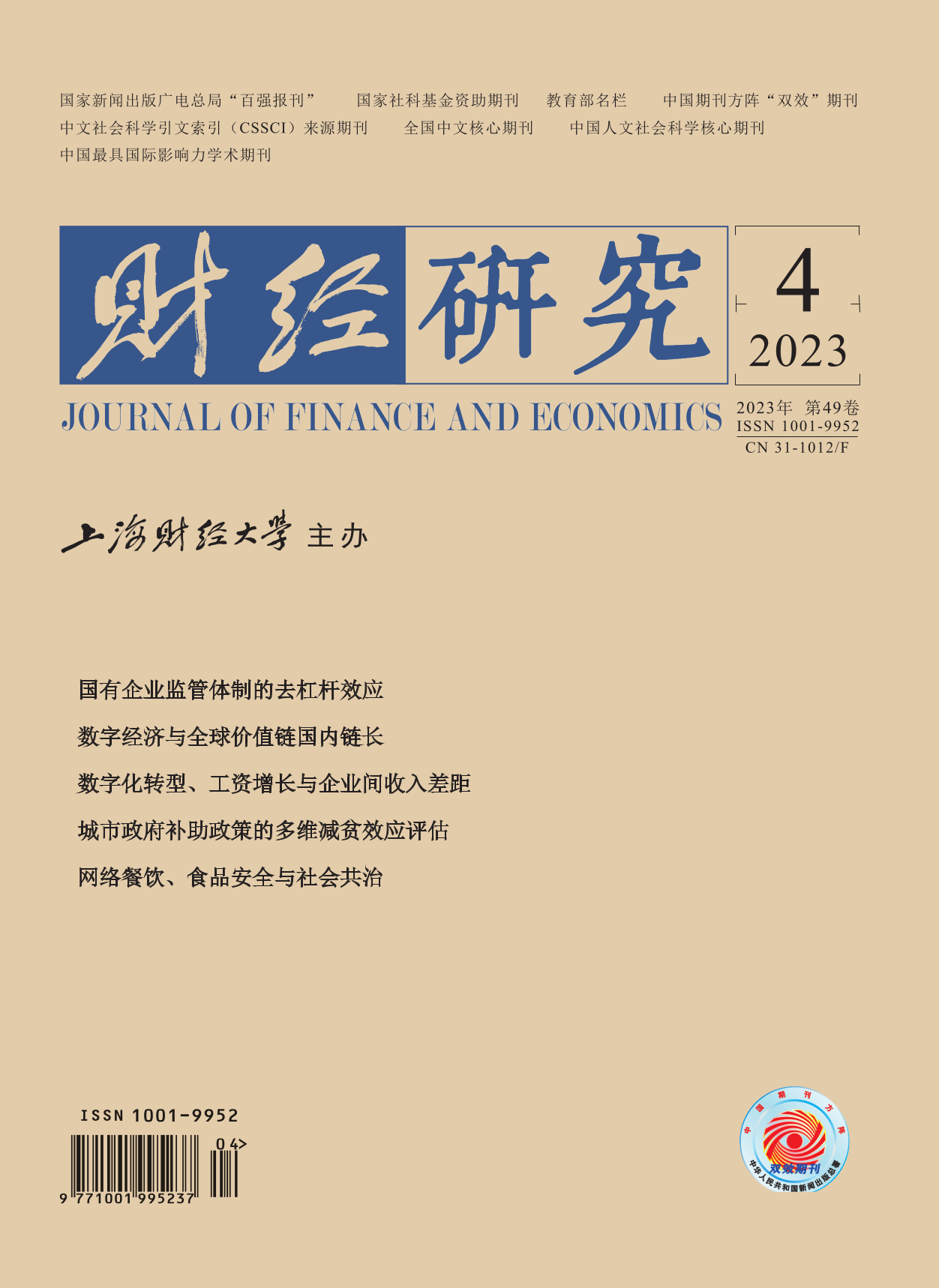Water resource shortage, water ecological damage and water environmental pollution have become bottleneck constraints to the construction of ecological civilization and sustainable economic and social development in China at present. Therefore, implementing a comprehensive conservation strategy and promoting the economical and intensive use of water resources are of great significance to achieve resource conservation and ecological environmental protection. To this end, this paper examines the water environmental governance effect of resource-saving city creation using a multi-period DID method based on the perspective of corporate strategy choice. The study shows that, resource-saving city creation effectively curbs polluting emissions through mechanisms such as promoting enterprises to reduce water consumption intensity, strengthening technological transformation, and bringing into play the market’s effect of winning and losing, but there are significant differences in the strategy choice of heterogeneous enterprises in response to resource regulation. Specifically, high water-consuming enterprises tend to choose inefficient ways to respond to regulation objectives, such as reducing water intake, cutting production, and withdrawing from the market; while non-high water-consuming enterprises are more interested in long-term mechanisms to achieve water environmental governance, such as increasing the reuse rate and increasing the number of wastewater treatment facilities. Further analysis shows that, the selection of “National Water-saving Cities” is a resource-saving competition, local government officials with strong political incentives will pay more attention to the coordinated development of “resource – economy – environment”, and the effect of water environment governance shows a distinct “race” motivation. At the same time, the water environmental governance effect is more significant in heavily-polluted industries, and the period effect of the policy decreases over time. The marginal contributions of this paper are as follows: First, it provides new ideas for achieving resource conservation and environmental protection through scientific assessment of the environmental governance effect of comprehensive resource regulation policies. Second, it innovatively explores the strategic choice of heterogeneous enterprises in achieving water environmental governance based on the dichotomous structure of high water-consuming industries and non-high water-consuming industries. Third, it advocates the concept of “water conservation is emission reduction; water conservation is pollution control”, focusing on the dual objectives of water conservation and water environmental protection by “combining” source prevention and end-of-pipe treatment.
 / Journals / Journal of Finance and Economics
/ Journals / Journal of Finance and EconomicsJournal of Finance and Economics
LiuYuanchun, Editor-in-Chief
ZhengChunrong, Vice Executive Editor-in-Chief
YaoLan BaoXiaohua HuangJun, Vice Editor-in-Chief
Resource-saving City Creation, Corporate Strategy Choice and Water Environmental Governance
Journal of Finance and Economics Vol. 49, Issue 04, pp. 79 - 93 (2023) DOI:10.16538/j.cnki.jfe.20230115.402
Summary
References
Summary
Cite this article
Yao Peng, Niu Jing. Resource-saving City Creation, Corporate Strategy Choice and Water Environmental Governance[J]. Journal of Finance and Economics, 2023, 49(4): 79-93.
Export Citations as:
For




 5286
5286  3907
3907

